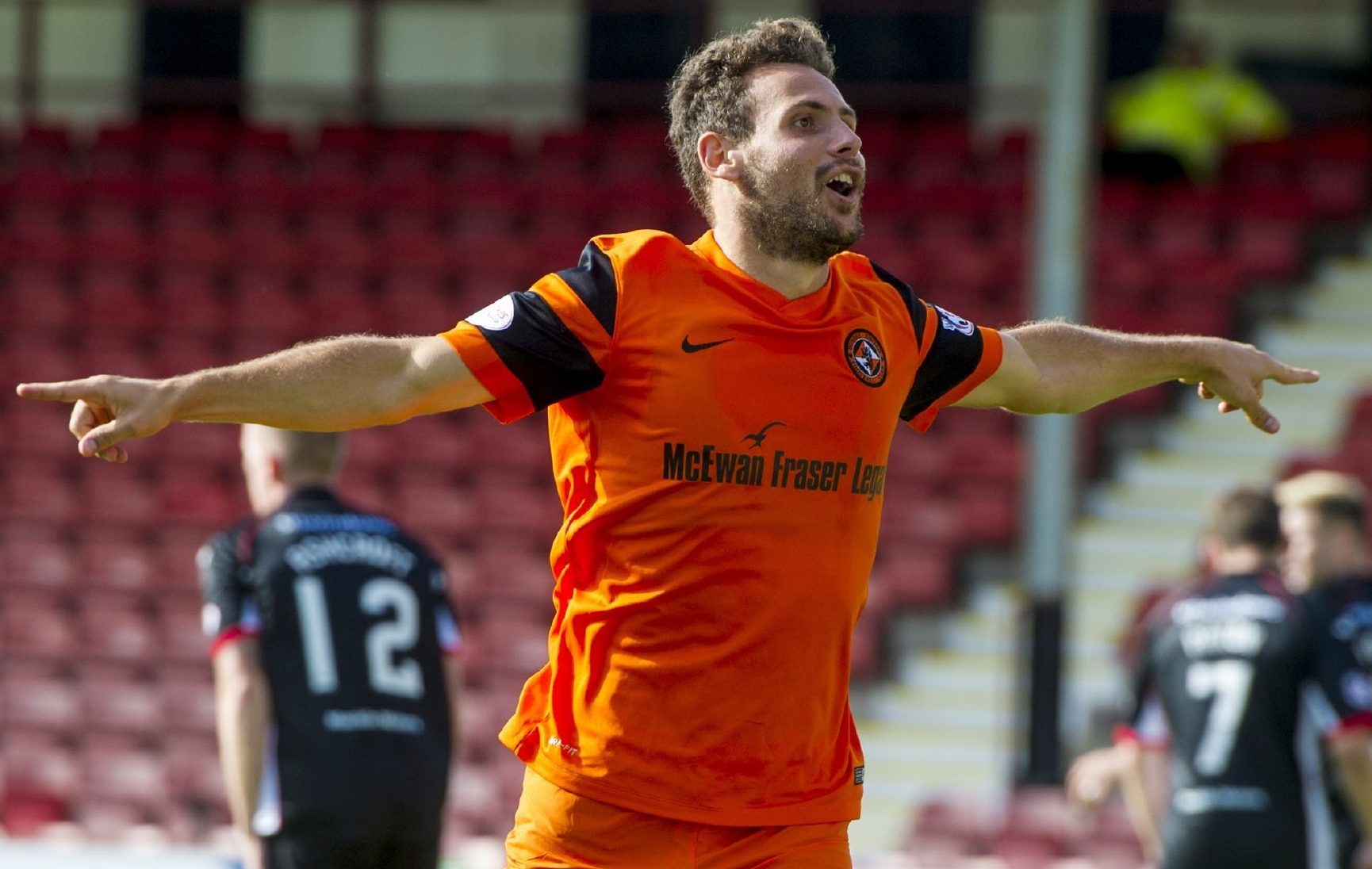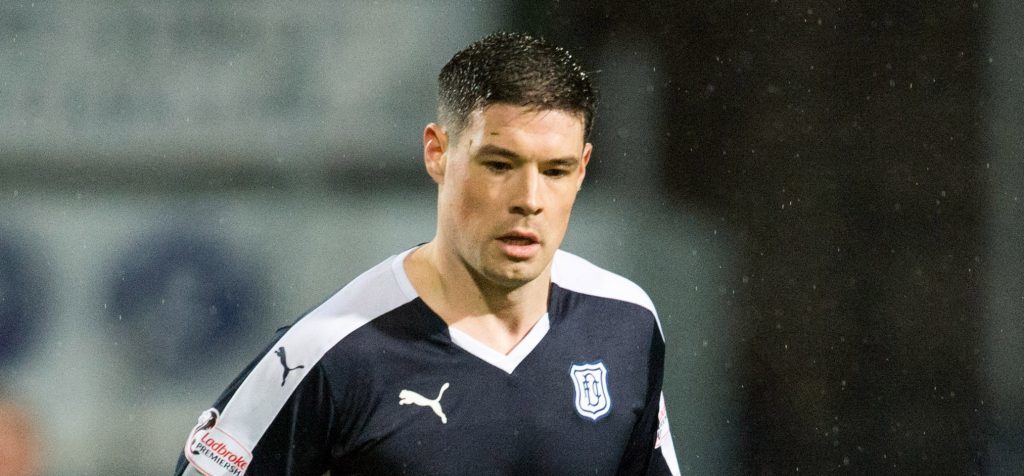There’s an occasional advantage to exceedingly delayed trains. My editor will be disappointed to learn this one had nothing to do with digging out a ground-breaking exclusive story.
Here, however, is where I defend my decision to spend almost an hour playing the computer game Football Manager on my way to work.
First of all, local matters. So naturally I took charge of Brechin City, having cut my professional teeth in north Angus and spent many happy times at Glebe Park, and guided them to the top of League One at Christmas.
Secondly, it led to some pondering issues relevant to work. Not immediately, obviously. After all my most pressing need was to secure a midfield enforcer on a free transfer.
Later, though, a blog by Labour MEP Catherine Stihler, also the rector of St Andrews University, about a largely unconsidered consequence of leaving the European Union was flagged up.
It concerns our national sport. So guess who seems to be best prepared for the potential impact Brexit will have on football? That’s right, the makers of Football Manager.
Those clever folks involved in building the entertainment simulation have a multitude of scenarios which can play out during your time in charge of a team, including Scottish independence, which created headlines last month.
Stihler explores these in her blog, pointing out that transfer fees could be higher for our clubs because of the fall in value of the pound.
The most eye-watering example given is Paul Pogba’s move from Juventus to Manchester United, which would cost £95.2 million rather than £89.1m, a 6.8% increase on the actual transfer fee, according to the recent Sterling valuations.
One issue which will affect both our favourite teams and the university sector which Stihler has an added interest in is freedom of movement.
If there is a so-called hard Brexit and the current “rest of the world” visa scheme is extended to EU citizens, Mikael Lustig is the only player who would have definitely been eligible to play football in Scotland at the time of his transfer to Celtic, Stihler argues.
Players from the Republic of Ireland should be okay thanks to the Common Travel Area, meaning Darren O’Dea would still be available to captain Dundee FC.
Kostadin Gadzhalov, Kevin Gomis, Yordi Teijsse and Julen Etxabeguren would not have been able to be signed, however. Fans will make their own minds up on how much of a blessing that may actually have been but the point stands that it would be an incredibly limiting principle.
Nowhere is this better demonstrated this season than across the road from Dens Park with Ray McKinnon’s promotion plotting at Dundee United.
Looking at their line-up for the weekend match against Morton, Frank van der Struijk, William Edjenguele, Tony Andreu and Nick van der Velden would never have made it to Tannadice.
It is unlikely the Tangerines would be anywhere near Hibs at the top of the table without most of them, Andreu’s crucial goals in particular.
So where does this leaves us, the fans? Watching more home-grown youngsters emerge? Or just a little less entertained? Stihler says it will leave us out of pocket.
She writes: “In short it means higher costs. If clubs lose out on top players and the product diminishes in any way the revenues from advertisers and sponsors will not be as lucrative. Clubs will have to either reduce their transfer kitty or put up prices to fill the gap.
“If transfers for EU players cost more, thanks to the weaker performance of the Pound, then either clubs will ask for more cash from their fans to continue buying the best players around or they will have to recalibrate their signing policies.”
Consider what Sir Pete Downes, the principal of Dundee University, has said about the effect Brexit is likely to have on his staff. That the brightest from other European countries are considering their options and many are likely to leave.
A smattering of foreign talent helps improve our gifted Scottish footballers, as well as giving a big name to attract cash through the gates.
The same principle applies to universities, where the very best in their fields are crucial to both attracting major funding and developing our local brains.
These are the unintended consequences of Brexit, both in popular culture and in the growth of our local economy.
Why is it that a computer game can give us a series of perfectly possible scenarios when our government refuses to?











